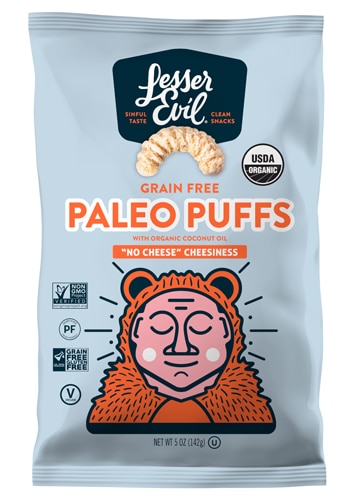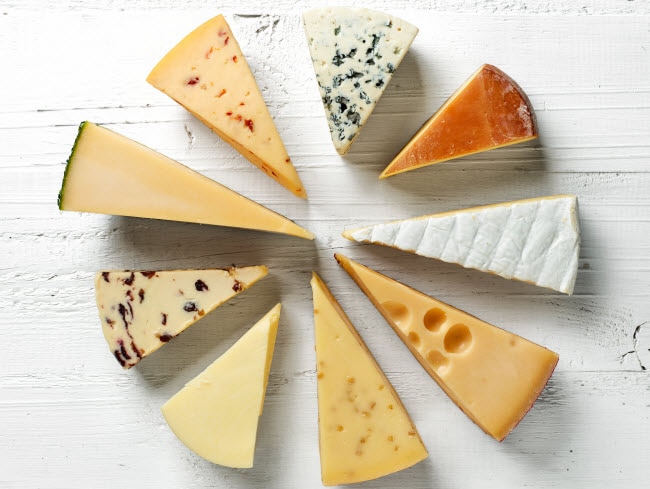Health experts long have warned people to moderate their intake of milk and to say "no thanks" to an extra sprinkle of shredded cheese.
Eating too much dairy was believed to contribute to everything from cardiovascular disease to cancer. But now, researchers say those fears might be misplaced.
Findings unveiled at the ESC Congress 2018 -- the annual congress of the European Society of Cardiology -- suggest that rather than harming you, consuming dairy products protects against both total mortality and mortality traced to cerebrovascular causes.
Researchers at the congress recommended loosening restrictions on how much dairy a person eats -- particularly cheese and yogurt.
Despite the good news, it appears that one negative health impact – an increased risk of coronary heart disease from drinking milk – remains.
However, even that negative finding doesn’t mean you have to give up the white stuff. Instead, the researchers simply recommend drinking nonfat or low-fat milk.
The findings are good news for proponents of eating dairy products such as Toby Amidor, a registered dietitian and author of “Smart Meal Prep for Beginners” and “The Healthy Meal Prep Cookbook.”
“Studies show that consumption of three servings of dairy per day result in a better diet quality,” she says.
The benefits of dairy
Amidor lauds the positive power of eating dairy foods. Her family in Israel were dairy farmers, and she is an ambassador for the National Dairy Council.
Eating dairy foods has several benefits, she says. Some studies have found that people who consume dairy might find it easier to maintain a healthy weight. For example, a Harvard School of Public Health study found that people who increase their intake of yogurt gain less weight.
In addition, adding dairy to your diet might help reduce the risk of several diseases, including:
- Osteoporosis
- Hypertension
- Colon cancer
- Metabolic syndrome
- Diabetes
Milk contains nine essential nutrients, Amidor says. “Three of the nutrients are underconsumed by Americans and are identified by the dietary guidelines as nutrients of concern,” she says. The three are
- Calcium
- Vitamin D
- Potassium
Adding dairy to your diet
The U.S. Department of Agriculture recommends that you consume low-fat or fat-free dairy products. Doing so reduces both the number of calories and amount of saturated fat you consume.
Adults, teens and older children should eat 3 cups of dairy foods each day. Children ages 4 to 8 can get by with 2.5 cups, and children ages 2 and 3 should have 2 cups.
Drinking milk is an easy way to get more dairy into your daily routine. Drinking skim milk gives you all the nutrients, yet fewer calories and less saturated fat than whole milk. Plus, “it tastes great,” Amidor says.
If you don’t like drinking milk, there are many other ways to get your full allotment of dairy, Amidor says. They include consuming Greek yogurt, kefir, cottage cheese and cheese.
“You can also use milk in dishes like ice pops, cream in a soup, batters, scrambled eggs and more,” she says.
Other tips to remember when adding dairy to your diet include:
- Choose yogurt more often than cheese. Yogurt typically has more potassium and less sodium than cheese. Just make sure to look for yogurts with low levels of added sugar.
- Look for “reduced-fat” or “low-fat” cheese. A cheese with this label will be lower in saturated fat.
- Skip cream cheese, butter and cream. Despite popular belief, these foods are not part of the “dairy food group,” according to the USDA. They have little or no calcium, but plenty of saturated fat.
- Add milk to your coffee. Using fat-free or low-fat milk in your coffee – instead of cream – is a great way to boost your dairy intake.




